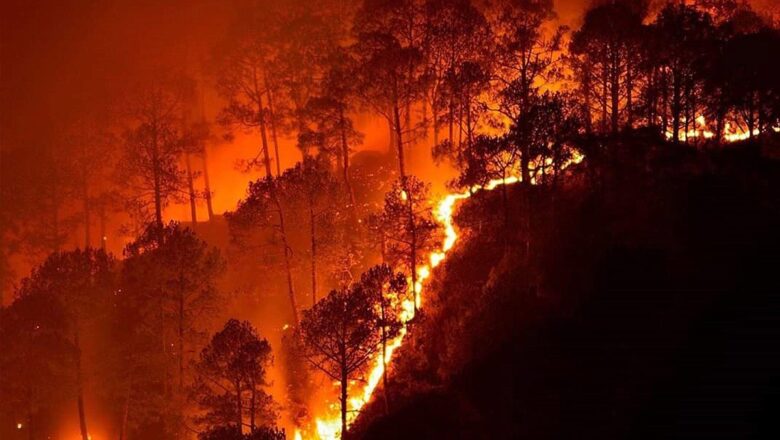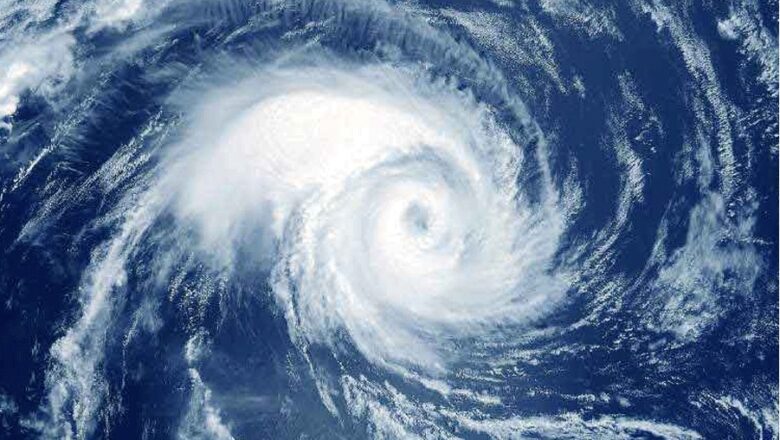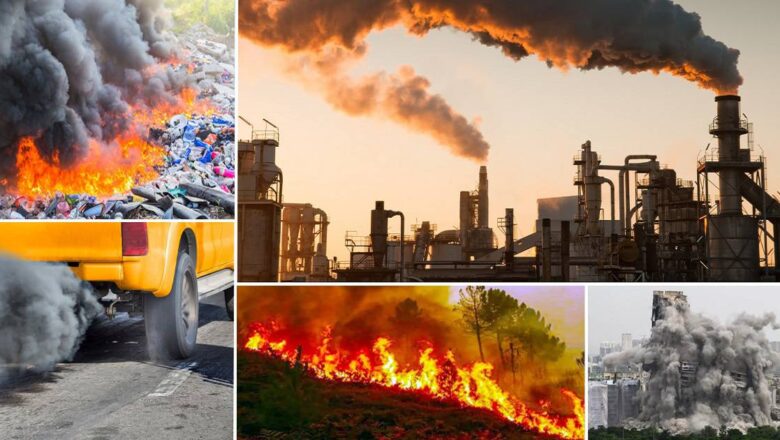
Rising Climate Driven Wildfires to Reshape Greenhouse Gas Emissions Accounting
Wildfires fueled by climate change are becoming a significant contributor to greenhouse gas (GHG) emissions, forcing scientists and policymakers to rethink how these emissions are accounted for in global inventories. Minal Pathak, an associate professor at the Global Centre for Environment and Energy at Ahmedabad University and a contributing author of the United Nations Emissions Gap Report, discusses the challenges of including wildfire emissions in global emission estimates and the broader implications for climate policy.
The recent wildfires in California have once again underscored the devastating effects of climate-induced disasters. The Palisades and Eaton fires, which ignited on January 7, 2025, burned over 23,000 and 14,000 acres, respectively. By January 23, the California Dep...









